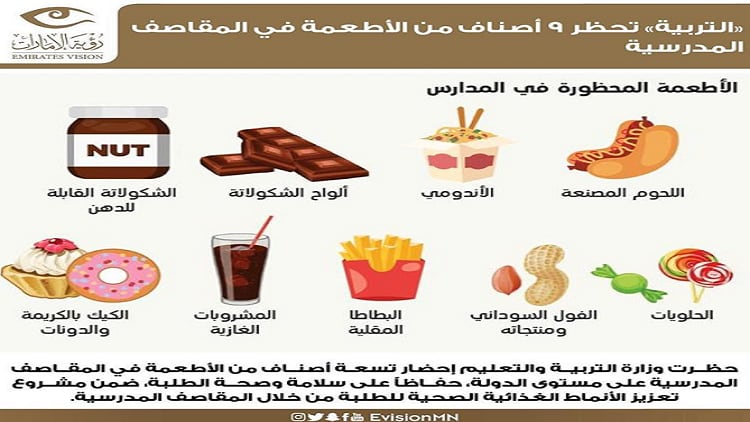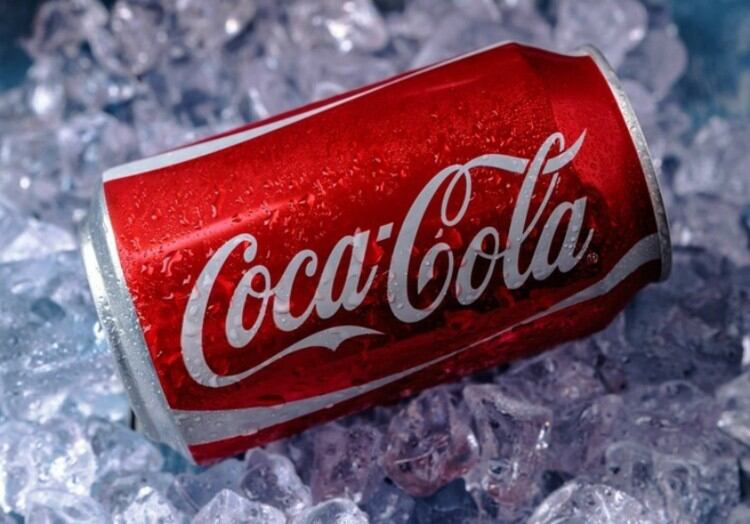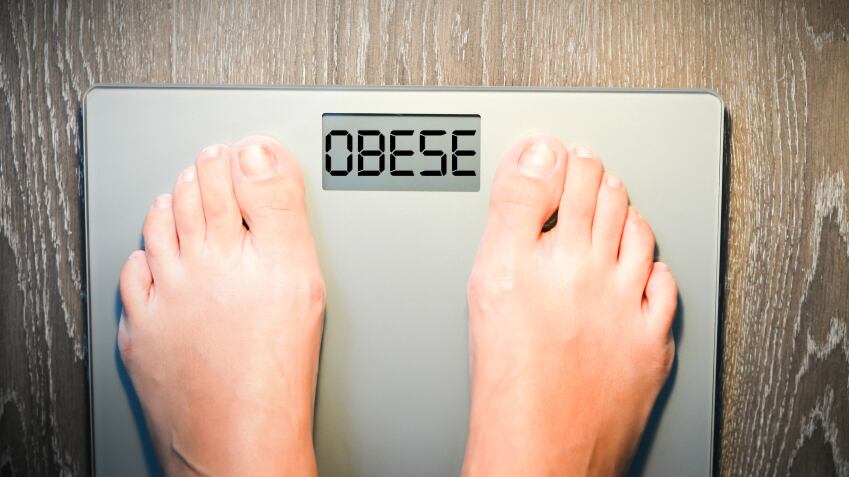NHC is promoting reduced sugar intake as part of an action plan to promote oral health. The action plan will be in place until year 2025.
NHC has also encouraged food manufacturers to produce more options that are low in sugar or are sugar free. In addition, it aims to educate consumers to read nutritional labels to find out if a product contains added sugar.
About 34.5% of 12-year-olds reported tooth decay in 2016. NHC hopes to bring down the percentage to 32% and below by year 2020 and further down to 30% in 2025.
This initiative fits into a larger project, known as the action plan for promoting healthy living, which was introduced in 2017.
The plan pushes for a lower intake of salt, oil, and sugar, while promoting oral health, bone health, and weight management at the same time.
Betel nut
Besides high sugar food and beverage, the consumption of betel nut, also known as areca nuts, has also come under the attention of the authorities.
NHC said that the long term consumption of betel nut was a “high risk action” and could cause “a greater damage to oral health”.
Betel nuts are said to be a cause of oral and oesophageal cancer, although there are also studies which claim that it has anti-cancer properties.
Efforts around the world
China is joining other countries, such as the UAE, in limiting the sales of “unhealthy” food in schools canteens.
Last month, the UAE Ministry of Education published a list of banned food items in order to help students adopt a healthy diet.
The banned items ranged from sugary food, such as chocolate bars and carbonated drinks, to proceed food such as instant noodles and processed meats.
Elsewhere in India, the Food Safety and Standards Authority of India (FSSAI) also proposed to introduce a traffic light labelling scheme for foods sold in school canteens.
The proposal even stated that the sales of unhealthy food, such as sugar-sweetened beverages and deep fried foods, shall not be sold within 50m of the school premises.
Such traffic light food scheme in schools is said to have produced positive effects.
For instance, a study in Western Australia showed that traffic light labelling of food sold in schools have improved children’s health while not affecting the canteen’s profitability.





